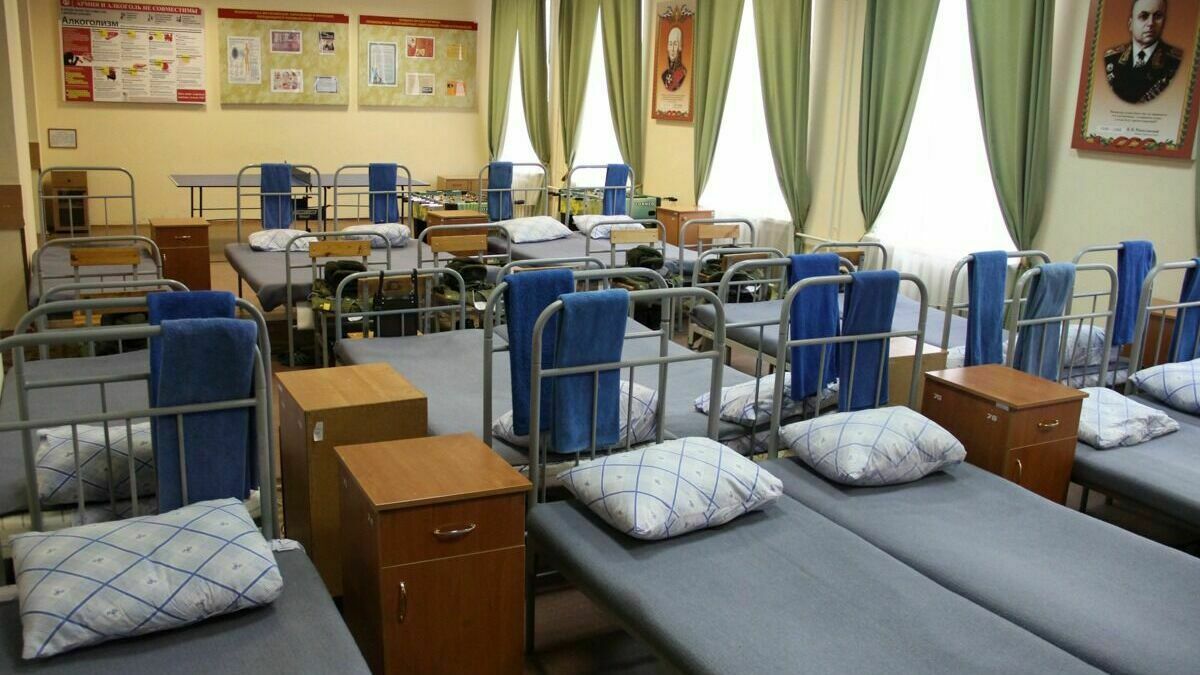Posted 10 марта 2023, 10:15
Published 10 марта 2023, 10:15
Modified 10 марта 2023, 10:43
Updated 10 марта 2023, 10:43

The barracks is not for everyone: how does the socio-political structure of the second year of Special military operation look like
Dmitry Mikhailichenko, political scientist
The government methodically creates a monolithic structure among those who receive benefits from the state.
This applies to everyone: owners of large businesses, deputies, show business figures, officials and state employees. They will be required to be increasingly active in supporting the geopolitical initiatives of the country's leadership and a common vector of loyalty. The level of loyalty should be absolute, and the discipline should be military. Orders are not discussed, but executed. The "Pugachyova incident" should not be repeated: hence the proactive work in this direction.
In relation to the rest of the majority of society, such harsh measures are not planned yet. It makes no sense to turn a loyal society into an inconvenient (for everyone) barracks, at least now, when technological and socio-technological resources are not enough for this. The majority of society is required (for now) to demonstrate general/formal loyalty, while excluding any public criticism of the country's leadership and its own. This is a condition of the current kind of (conditional) consensus of the apolitical majority and the government in the era of its own.
Society is focused on living as before and, in general, agrees with this construction, but I would like to avoid mobilization and other factors disturbing its daily apolitical nature: the population has so many worries and difficulties. The authorities make it clear that they understand this perfectly well and are conditionally ready to comply with the consensus. Conditionally, since some geopolitical force majeure and extrafactors may interfere.
The regime of internal emigration, characterized by the position of social discontent of a significant part of society (15-20%) is encouraged: it is better for the authorities that such (among them many qualified specialists) remain, and not leave. There is an economic benefit from them, but politically they cannot pose any danger in an atomized format (in principle).
In Soviet times, people lived like this for decades, and now, unlike the 1970s, there are more opportunities to lead a social life and employment (private sector, freelance, etc.). In this regard, the situation is not comparable not only with stagnant years, but also with Poland or Hungary in the 1970s, where opportunities working and living under moderate state control was much less than in modern Russia.
The potential for emigration remains at the level of about 1% of citizens (which is quite a lot). In order to reduce it, the authorities do not need sharpness, but need planning and methodicality. Another source of concern: young people, among whom discontent is clearly expressed: the state has actively engaged in the educational policy of the younger generation.
The nomenclature and its associated clientele have no alternatives. Few people will decide to disconnect themselves from the feeder: habits that have developed for decades make themselves felt. In this regard, the formation of a monolith is taking place: there is a potential for a transition to a new level and there will be a strengthening of the line of requirements for the ruling and near-ruling part of the actors. The rest of society is supposed to be in the wake of this process: in other words, it will not go anywhere.
The original is here.